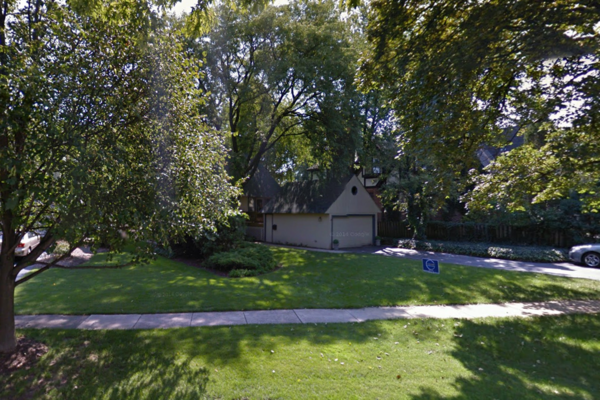John T: The people who are in public office don’t care

John owns a 1,826-square-foot Clarendon Hills home that is currently assessed at $481,200.
John took purchased the home in 2007 for $610,000, or $741,813.33 in today’s dollars. He has paid $95,745 in property taxes since 2007, nearly 20 percent of the current value of his home.
“We’re actively looking at moving out of the state,” John said. “Right now, what we’re worried about is if Pritzker gets elected…they’ll change the tax break for retirees. With that and the property taxes, we’ll leave. We’re looking probably in two years. The one thing we have an advantage is that we’re near the commuter rail so our home holds a better value than those away from transportation but still the taxes are bad. We know that our school district had a deficit of over $6 million. How are they going to make that up? They’re going to taxes for it.”
John is currently paying $9,200 per year in property taxes on his home, about 1.9 percent of the DuPage County Assessor claimed value of $481,200.
John is currently paying $9,200 per year in property taxes on his home, about 1.9 percent of the DuPage County Assessor claimed value of $481,200.
Indiana has a hard 1 percent cap on property taxes. This means local governments are not allowed under state law to charge homeowner’s more than 1 percent of their home’s assessed value per year.
“That would really change our perspective,” John said. “We’re over two percent on property value and my son who lives in Manhattan, Illinois, they are almost three percent of their property value. That’s terrible for them. They’re paying almost 7,000 a year in property taxes. For a young couple, that’s crazy.”
The average property tax rate for the state of Indiana is 0.89 percent. Meanwhile the average property tax rate in Illinois is 2.3 percent.
“A big policy would be to cut spending for administrative salaries significantly and get rid of the administrators,” John said. “That’s a big cost in the school system. We’re going to have to cut these special programs which cost a lot of money.”
If John lived in Indiana the most he could be charged in property taxes would be $4,812 per year or $4,388 less than what he currently pays in Illinois.
“The state mandates for pension – local municipal and police and fire pension – and those are 60 percent funded and if you get any economic downturn and they’re going to have to collect more money to pay for the pensions,” John said. “That’s not sustainable. The state drives it but part of it is that the people who are in public office don’t care. They don’t seem to owe a fiduciary duty to the taxpayers. They owe their duty to the unions more than they do to the taxpayers.”





